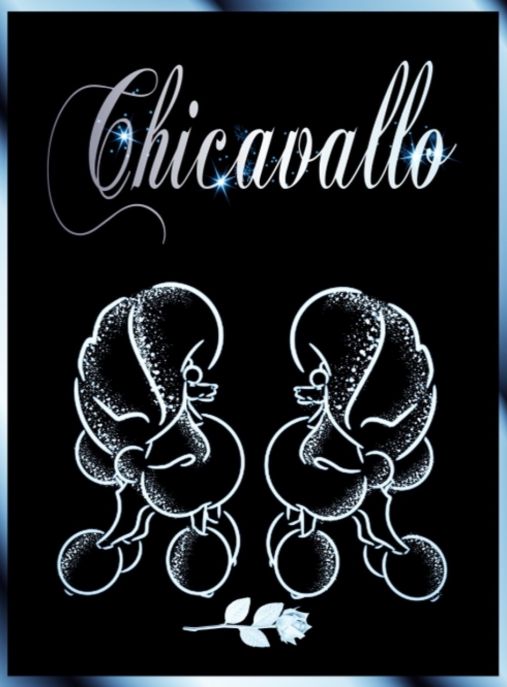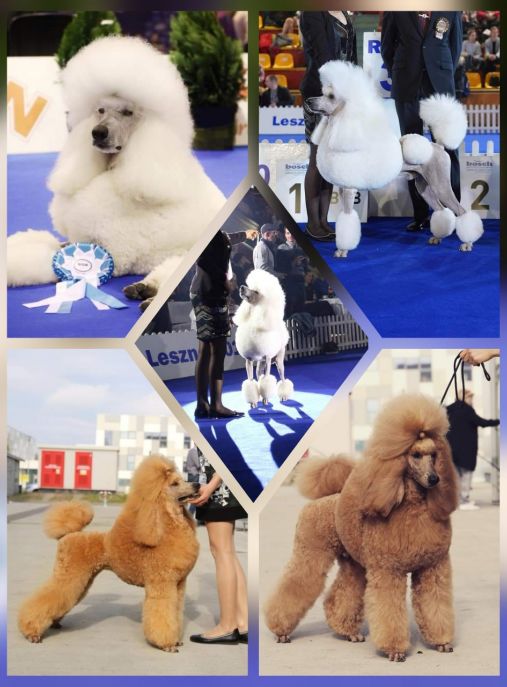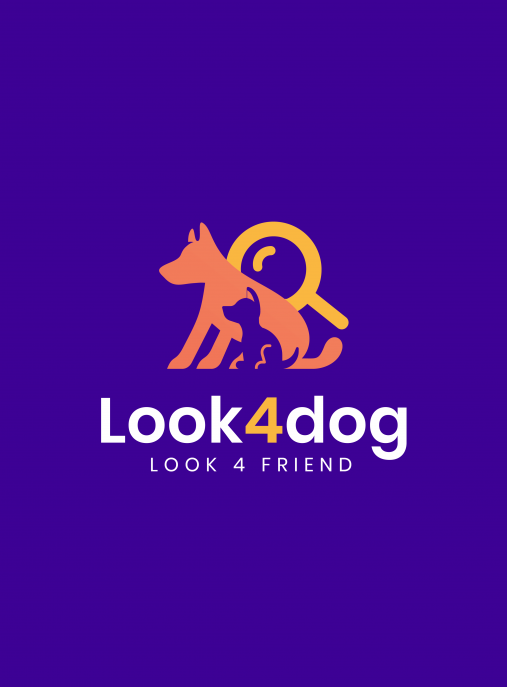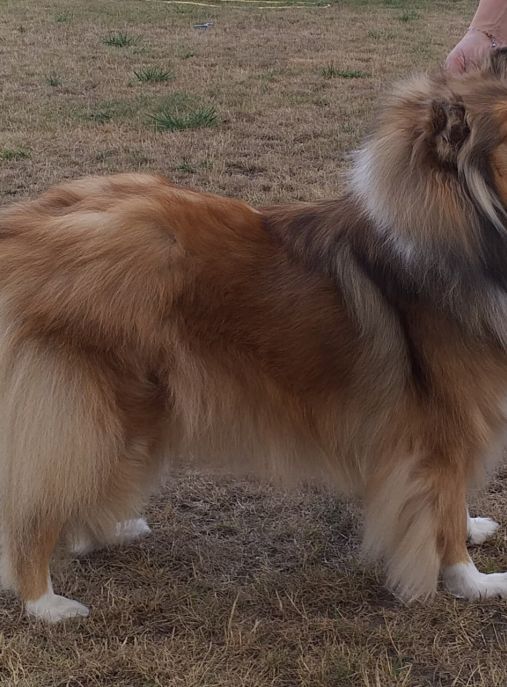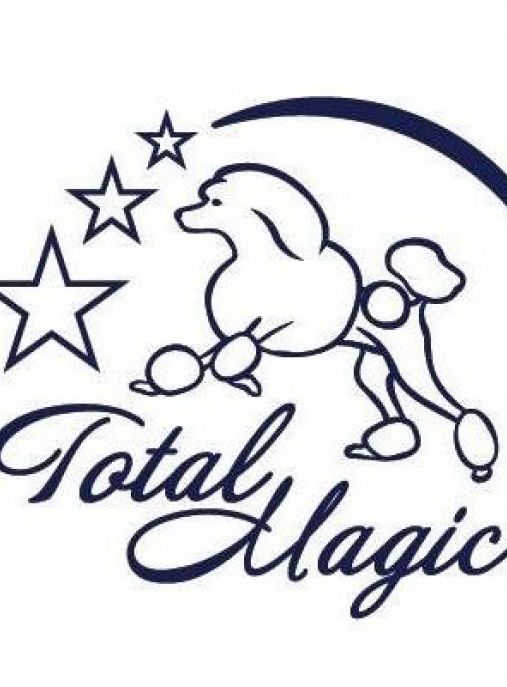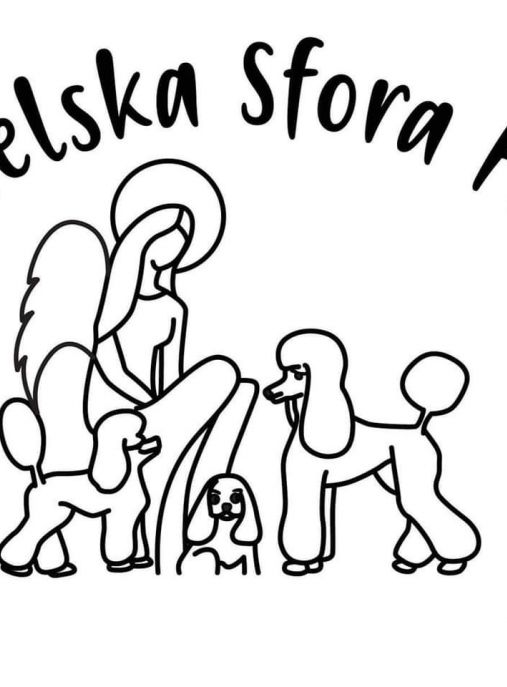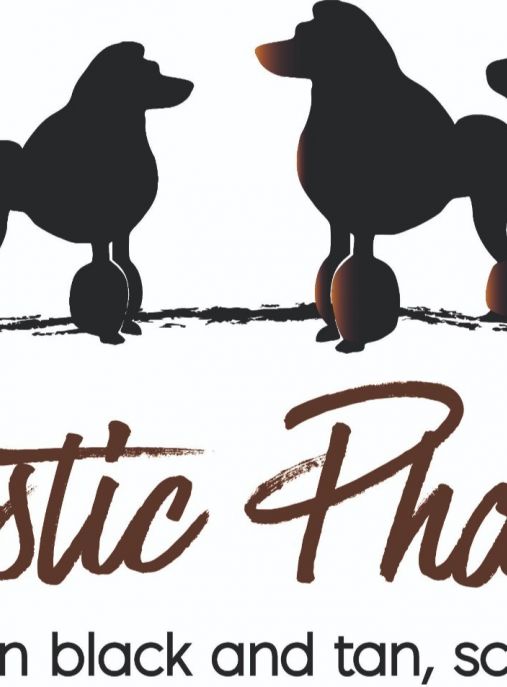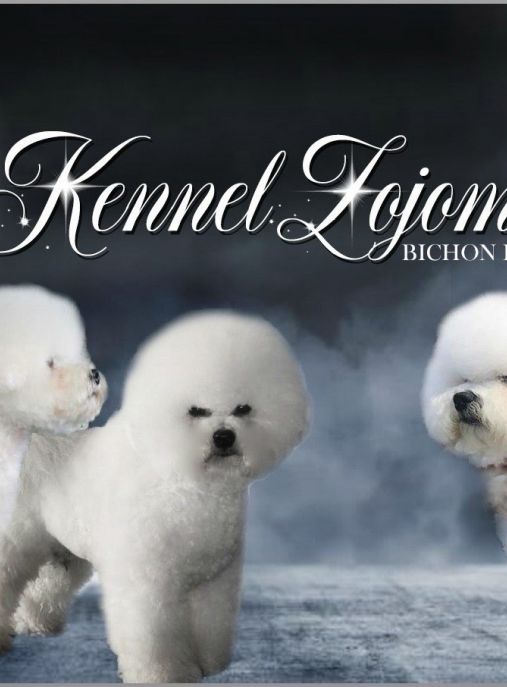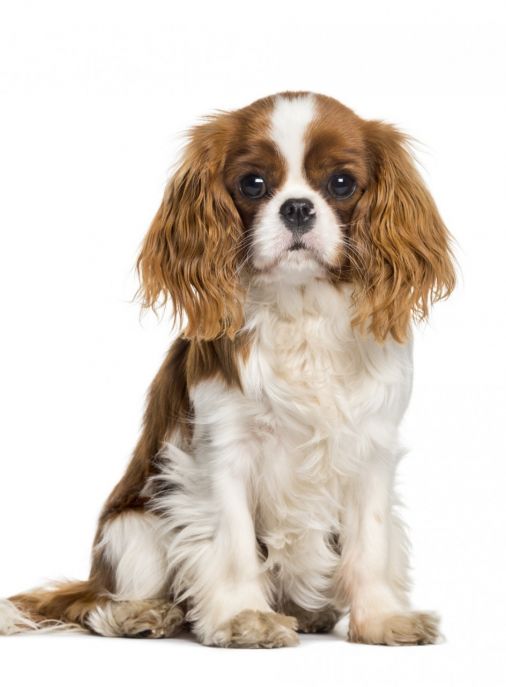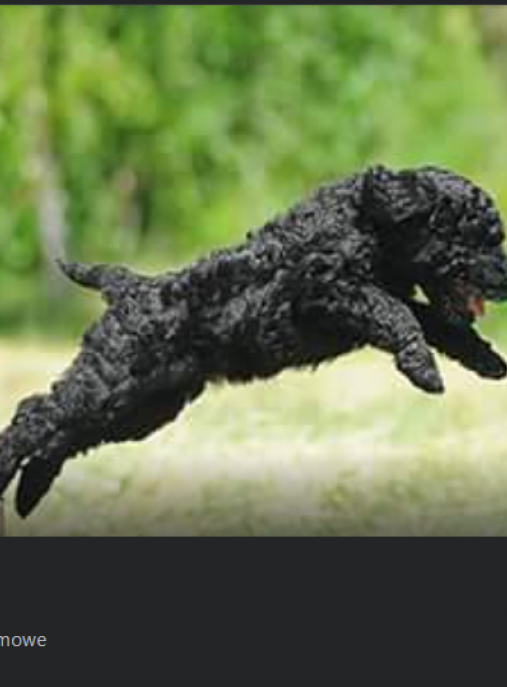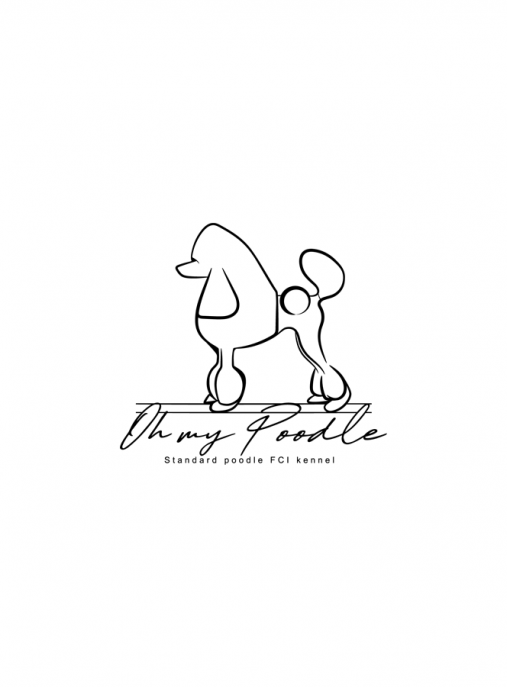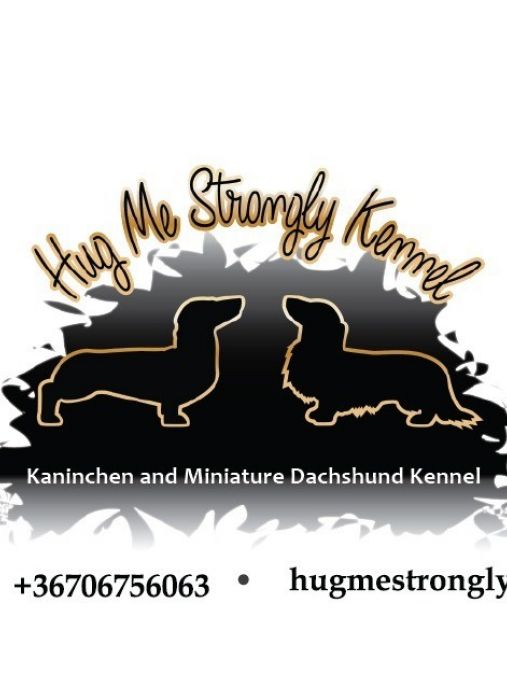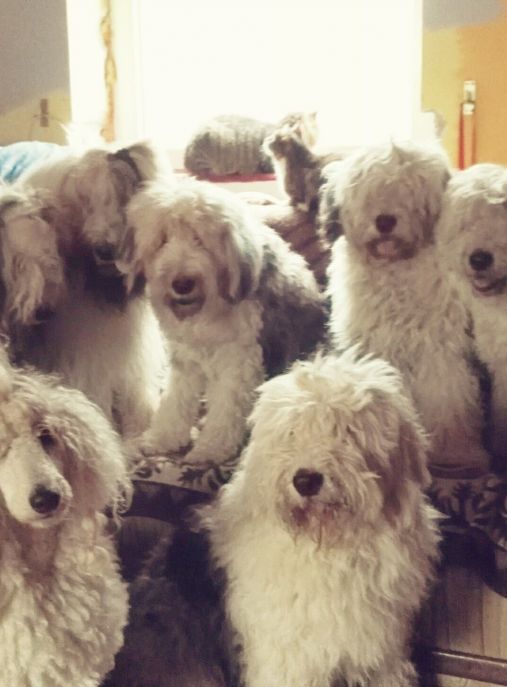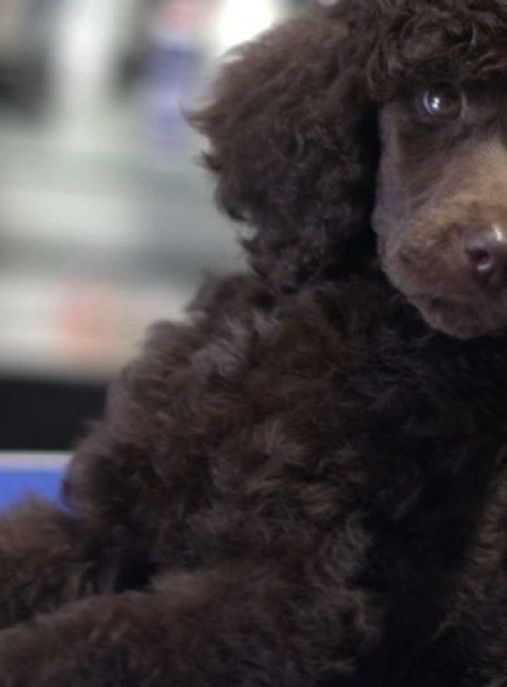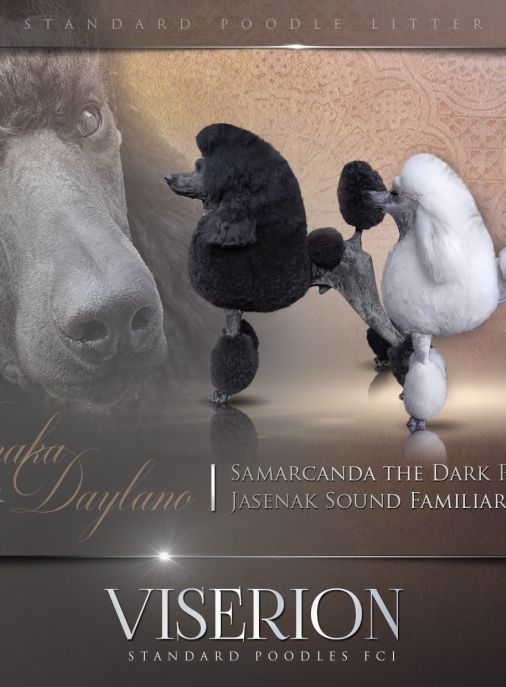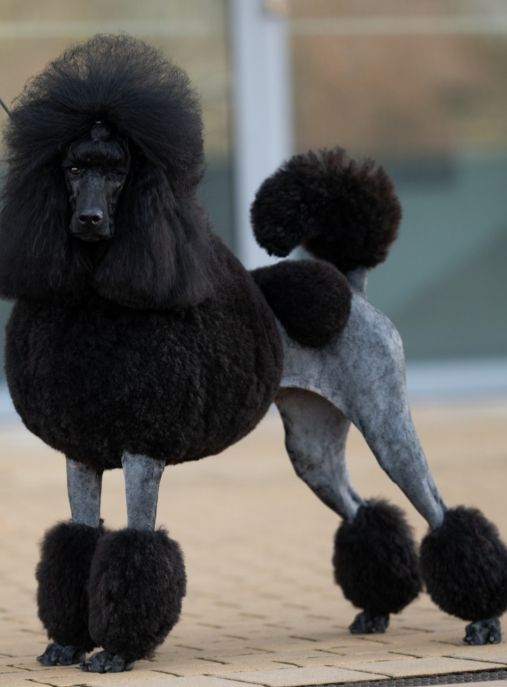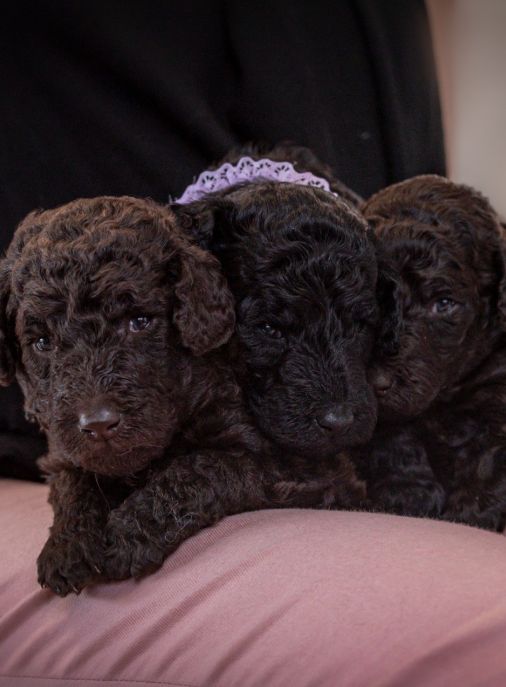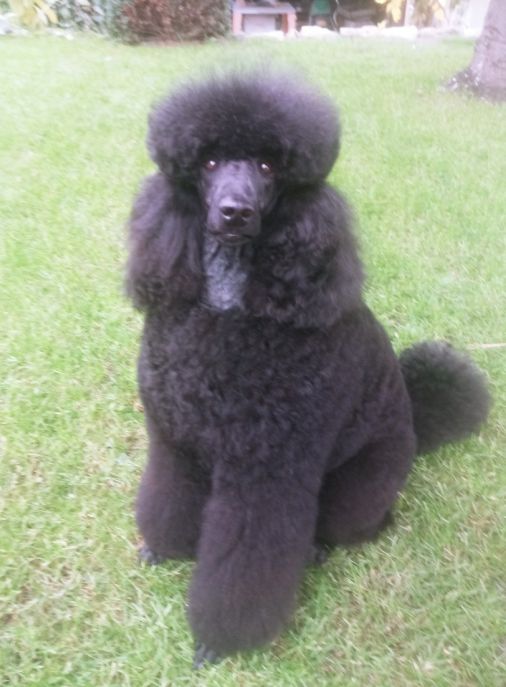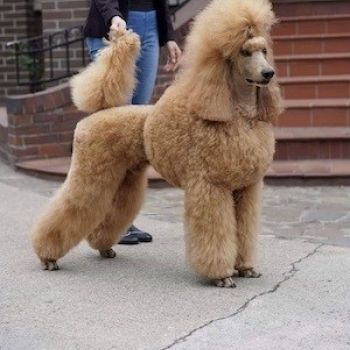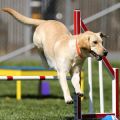The Poodle Standard, also known simply as the Poodle, is a highly intelligent and versatile breed that has captivated dog lovers for centuries. With its distinctive curly coat and elegant appearance, the Poodle Standard is easily recognizable and has become a beloved companion and show dog around the world.
Originating in Germany, the Poodle Standard has a rich history that dates back over 400 years. While the exact origins of the breed are unclear, it is believed to have descended from various water retrieving dogs, such as the Barbet and the Hungarian Water Hound. The breed's name is derived from the German word "Pudel," which means "to splash in water," highlighting its original purpose as a skilled water retriever.
The Poodle Standard is classified as a member of the FCI Group 9 - Companion and Toy Dogs, Section 2 - Poodles. This group includes three different sizes of Poodles: the Standard, the Miniature, and the Toy. The Poodle Standard is the largest of the three, standing at least 45 centimeters (17.7 inches) tall at the shoulder.
Known for their exceptional intelligence and trainability, Poodles are often used as working dogs in various fields. They excel in obedience, agility, and even in roles such as therapy and assistance dogs. Their hypoallergenic coat also makes them a popular choice for individuals with allergies.
In terms of appearance, the Poodle Standard has a well-proportioned body with a square build. Their head is refined and carried high, with expressive eyes and ears that hang close to the head. The breed's most distinctive feature is its dense, curly coat, which is non-shedding and requires regular grooming to prevent matting.
The Poodle Standard typically weighs between 20 to 32 kilograms (45 to 70 pounds), with males being slightly larger than females. As for height, they generally measure between 45 to 60 centimeters (17.7 to 23.6 inches) at the shoulder. Their life expectancy ranges from 10 to 18 years, depending on various factors such as genetics, diet, and overall care.
One interesting fact about the Poodle Standard is that it comes in a variety of solid colors, including black, white, brown, gray, and apricot. Additionally, they can also have parti-coloring, which consists of two or more colors in a distinct pattern. The breed's coat requires regular grooming, including brushing, clipping, and occasional bathing, to maintain its health and appearance.
Despite their elegant appearance, Poodles are highly active dogs that require regular exercise to keep them physically and mentally stimulated. Daily walks, playtime, and training sessions are essential to prevent boredom and ensure their well-being. They thrive in households that can provide them with ample opportunities for both mental and physical stimulation.
In conclusion, the Poodle Standard is a remarkable breed that combines intelligence, elegance, and versatility. With a rich history as a water retriever, this breed has evolved into a beloved companion and working dog. Whether as a loyal family pet, a show dog, or a skilled working partner, the Poodle Standard continues to captivate dog enthusiasts with its exceptional qualities and unique appearance.

Poodle Standard dogs are known for their intelligence, elegance, and versatility. They possess a unique character that sets them apart from other dog breeds. With their curly, hypoallergenic coat and graceful appearance, Poodles have become a popular choice for dog lovers worldwide. In addition to their physical attributes, their character traits make them an excellent companion and family pet.
One of the most remarkable aspects of Poodle Standard dogs is their intelligence. They are highly trainable and quick to learn new commands and tricks. This intelligence, combined with their eagerness to please their owners, makes them a joy to train. Poodles excel in various dog sports and activities such as obedience, agility, and even therapy work. Their ability to understand and follow instructions makes them an ideal choice for individuals seeking a well-behaved and obedient companion.
Poodles are also known for their friendly and sociable nature. They are generally good with children and other pets, making them a suitable choice for families. However, like any dog breed, early socialization is crucial to ensure they grow up to be well-rounded and confident adults. Exposing them to different environments, people, and animals from a young age will help them develop into friendly and adaptable dogs.
While Poodles are generally friendly, they can be reserved with strangers. This cautiousness, combined with their alertness, makes them excellent watchdogs. They will bark to alert their owners of any potential danger, but they are not typically aggressive. Early training can help them distinguish between genuine threats and harmless situations, preventing excessive barking.
Poodle Standard dogs require regular mental and physical stimulation to keep them happy and prevent boredom. They enjoy activities that challenge their intellect, such as puzzle toys and interactive games. Daily exercise is also essential to keep them physically fit and prevent behavioral issues. Long walks, runs, or play sessions in a securely fenced area are necessary to meet their exercise needs.
Grooming is another important aspect of owning a Poodle Standard. Their curly coat requires regular brushing to prevent matting and tangling. Many owners choose to keep their Poodles in a stylish, clipped haircut, which requires professional grooming every 4-6 weeks. Regular grooming sessions also provide an opportunity to check for any skin issues or ear infections, which can be common in Poodles.
When it comes to training, positive reinforcement methods work best with Poodles. They respond well to praise, treats, and rewards, making training sessions enjoyable for both the dog and the owner. Harsh training methods or punishment can lead to fear or anxiety in Poodles, which can hinder their progress and damage their trust in their owners.
In conclusion, Poodle Standard dogs possess a unique character that combines intelligence, sociability, and elegance. They are highly trainable, making them suitable for various activities and sports. Their friendly nature and alertness make them excellent family pets and watchdogs. However, they require early socialization, regular mental and physical stimulation, and proper grooming to thrive. With the right care and training, Poodle Standard dogs can bring immense joy and companionship to their owners.
The Poodle Standard is a highly intelligent and elegant breed known for its distinctive curly coat and graceful appearance. Caring for a Poodle Standard requires attention to their unique needs, including grooming, exercise, nutrition, and overall health. Here is an extensive description of the recommended care for Poodle Standard dogs, along with tips on what to do and what not to do:
Grooming:
- Poodle Standards have a hypoallergenic coat that requires regular grooming to prevent matting and maintain its beautiful appearance. Daily brushing is recommended to keep their curly hair tangle-free.
- Regular professional grooming every 4-6 weeks is essential to maintain the Poodle's signature haircut, which can be customized to suit your preferences.
- Regularly check and clean their ears to prevent infections, as Poodles are prone to ear issues. Trim their nails regularly to avoid overgrowth and discomfort.
Exercise:
- Poodle Standards are an active breed that requires daily exercise to keep them physically and mentally stimulated. Aim for at least 30-60 minutes of exercise per day, including walks, runs, or playtime in a secure area.
- Engage them in mentally stimulating activities like puzzle toys or obedience training to prevent boredom and destructive behavior.
- Avoid excessive exercise in hot weather, as Poodles are susceptible to heat exhaustion. Provide plenty of fresh water and shade during outdoor activities.
Nutrition:
- Feed your Poodle Standard a high-quality, balanced diet that meets their specific nutritional needs. Consult with your veterinarian to determine the appropriate portion size and feeding schedule based on their age, weight, and activity level.
- Avoid overfeeding, as Poodles are prone to obesity. Obesity can lead to various health issues, including joint problems and decreased lifespan.
- Provide fresh water at all times and avoid feeding them table scraps or foods that are toxic to dogs, such as chocolate, onions, grapes, and raisins.
Healthcare:
- Regular veterinary check-ups are crucial to ensure your Poodle Standard's overall health. Vaccinations, parasite prevention, and dental care should be part of their routine healthcare.
- Poodles are prone to certain genetic health conditions, including hip dysplasia, progressive retinal atrophy, and epilepsy. Consider genetic testing and discuss these potential issues with your veterinarian.
- Maintain a clean living environment to prevent allergies and skin irritations, which are common in Poodles. Regularly bathe them with a gentle dog shampoo and keep their coat clean and dry.
Socialization and Training:
- Poodle Standards are highly sociable dogs that thrive on human companionship. Early socialization is crucial to ensure they grow up to be well-rounded and friendly dogs.
- Enroll them in puppy classes or obedience training to establish good behavior and strengthen the bond between you and your Poodle.
- Avoid harsh training methods, as Poodles respond best to positive reinforcement and reward-based training techniques.
What not to do:
- Do not neglect their grooming needs, as this can lead to painful matting and skin issues.
- Do not leave them alone for extended periods, as Poodles are prone to separation anxiety and can become destructive or develop behavioral problems.
- Do not overexert them physically, especially during their growth stages, as it can cause joint problems.
- Do not feed them a poor-quality diet or overfeed them, as it can lead to obesity and related health issues.
In conclusion, caring for a Poodle Standard involves regular grooming, exercise, proper nutrition, healthcare, socialization, and training. By following these tips and providing them with love and attention, you can ensure your Poodle Standard lives a healthy, happy, and fulfilling life.
The Poodle Standard, known for its elegance and intelligence, comes in a variety of colors, each possessing its own unique charm. One of the most common and beloved colors found in this breed is the classic solid black. The black Poodle Standard exudes an air of sophistication and grace, making it a popular choice among dog enthusiasts.
The coat of a black Poodle Standard is characterized by its deep, rich black color, which is uniform throughout the entire body. The fur is dense, curly, and tightly curled, giving it a distinct texture and appearance. When the light hits the coat, it reflects a glossy sheen, enhancing the dog's overall regal aura.
The black coloration of the Poodle Standard's coat is not limited to just the fur. Even the skin underneath is dark, which further accentuates the deep black hue. This uniformity in color creates a striking contrast against the dog's expressive eyes, which are typically dark brown or black, adding to its captivating allure.
One of the most fascinating aspects of the black Poodle Standard's coat is its ability to retain its color as the dog ages. Unlike some other breeds, which may experience a fading or graying of their coat over time, the black Poodle Standard maintains its intense black shade throughout its life. This consistency in color is highly sought after and adds to the breed's timeless appeal.
In addition to its aesthetic appeal, the black coat of the Poodle Standard is also practical. It provides excellent protection against the elements, as the dense curls help to repel water and insulate the dog's body. This makes the black Poodle Standard well-suited for various climates, whether it be a rainy day or a snowy winter.
Furthermore, the black Poodle Standard's coat is relatively low shedding, making it a suitable choice for individuals with allergies. Regular grooming is essential to maintain the coat's health and prevent matting, as the curly nature of the fur can easily tangle if not properly cared for.
The black Poodle Standard's color is not only visually appealing but also holds symbolic significance. Black is often associated with elegance, power, and mystery. This color choice adds an air of sophistication to the already refined Poodle Standard, making it a favorite among those seeking a dog that exudes both beauty and intelligence.
In conclusion, the black Poodle Standard possesses a coat that is both visually stunning and practical. Its deep black color, uniformity, and glossy sheen make it a standout among other dog breeds. Whether in the show ring or as a beloved family pet, the black Poodle Standard's color adds to its overall charm and allure, making it a breed that is truly captivating.
The health of Poodle Standard dogs is generally considered to be quite good, as they are known for their longevity and overall robustness. However, like any other breed, they are prone to certain health issues that owners should be aware of in order to provide the best care possible.
One of the most common health concerns in Poodle Standards is hip dysplasia. This is a genetic condition where the hip joint doesn't develop properly, leading to pain, lameness, and arthritis. Regular exercise, maintaining a healthy weight, and avoiding excessive jumping or rough play can help reduce the risk of hip dysplasia. Additionally, responsible breeders perform hip evaluations on their breeding dogs to minimize the occurrence of this condition.
Another prevalent health issue in Poodle Standards is progressive retinal atrophy (PRA). PRA is a degenerative eye disease that eventually leads to blindness. Regular eye examinations by a veterinary ophthalmologist can help detect PRA early on, allowing for potential treatments or management strategies to slow down its progression.
Poodles are also prone to certain skin conditions, such as allergies and sebaceous adenitis. Allergies can manifest as itching, redness, and recurrent ear infections. Identifying and avoiding allergens, such as certain foods or environmental triggers, can help manage these allergies. Sebaceous adenitis, on the other hand, is an immune-mediated disease that affects the skin's oil glands, leading to dry, scaly skin and hair loss. Regular grooming, including bathing with appropriate shampoos and conditioners, can help maintain the skin's health and minimize the impact of sebaceous adenitis.
Additionally, Poodle Standards are susceptible to certain genetic disorders, including von Willebrand's disease (a bleeding disorder), epilepsy, and Addison's disease (adrenal insufficiency). Responsible breeding practices, such as genetic testing and screening, can help reduce the incidence of these conditions.
To care for the health of Poodle Standard dogs, regular veterinary check-ups are essential. These visits allow for early detection of any potential health issues and ensure that vaccinations and preventive treatments, such as flea and tick control, are up to date. A balanced diet, appropriate for the dog's age and activity level, is crucial for maintaining their overall health and well-being. Regular exercise is also important to keep Poodles mentally stimulated and physically fit.
Grooming is a vital aspect of Poodle Standard care. Their curly, non-shedding coat requires regular brushing to prevent matting and tangling. Many owners choose to have their Poodles professionally groomed every 4-6 weeks to maintain their coat's health and appearance. Regular dental care, including brushing their teeth and providing dental chews, can help prevent dental diseases, such as periodontal disease.
Lastly, providing a safe and stimulating environment is crucial for the mental and emotional well-being of Poodle Standards. They are intelligent and active dogs that thrive on mental stimulation and social interaction. Regular playtime, training sessions, and socialization with other dogs and people are essential for their overall happiness and mental health.
In conclusion, while Poodle Standard dogs are generally healthy, they are prone to certain health issues that owners should be aware of. Regular veterinary care, a balanced diet, exercise, grooming, and a stimulating environment are key to ensuring the health and well-being of these wonderful dogs.
The Poodle Standard is a breed known for its elegance, intelligence, and athleticism. To maintain their overall health and well-being, it is crucial to provide them with a balanced and nutritious diet. Proper nutrition plays a vital role in supporting their energy levels, maintaining a healthy weight, and promoting a strong immune system. Here is some advice on how to feed and what to avoid when it comes to the nutrition of Poodle Standard dogs.
First and foremost, it is important to choose high-quality dog food that is specifically formulated for the nutritional needs of medium to large-sized breeds like the Poodle Standard. Look for a brand that lists real meat, such as chicken or lamb, as the primary ingredient. Avoid dog foods that contain fillers, by-products, or artificial additives, as these can be detrimental to your dog's health.
The Poodle Standard is an active breed, so their diet should consist of a balance of proteins, fats, and carbohydrates. Proteins are essential for muscle development and repair, so ensure that the dog food you choose contains a sufficient amount of high-quality protein. Additionally, healthy fats, such as omega-3 fatty acids, are beneficial for their skin and coat health.
Carbohydrates provide the necessary energy for your Poodle Standard's active lifestyle. Opt for complex carbohydrates like whole grains, sweet potatoes, and brown rice, as they release energy slowly and help maintain stable blood sugar levels. Avoid dog foods that contain excessive amounts of corn, wheat, or soy, as these can cause allergies or digestive issues in some dogs.
Feeding your Poodle Standard should be done in appropriate portion sizes to prevent overeating and obesity. Follow the feeding guidelines provided by the dog food manufacturer, but keep in mind that individual dogs may have different needs based on their age, activity level, and metabolism. Monitor your dog's weight regularly and adjust the portion sizes accordingly.
In addition to a balanced diet, fresh water should always be available for your Poodle Standard. Hydration is essential for their overall health and helps regulate body temperature. Make sure to clean and refill their water bowl daily to ensure cleanliness.
While it's tempting to share our food with our furry friends, it's important to avoid feeding them certain human foods that can be toxic to dogs. Foods like chocolate, grapes, raisins, onions, garlic, and caffeine should be strictly avoided, as they can cause serious health issues or even be fatal to dogs. Additionally, fatty foods, bones, and excessive amounts of salt or sugar should be kept away from their diet.
Lastly, it's worth mentioning that every dog is unique, and their nutritional needs may vary. If you have any concerns about your Poodle Standard's diet or if they have any specific dietary requirements, consult with a veterinarian or a professional dog nutritionist who can provide personalized advice.
In conclusion, providing a balanced and nutritious diet is essential for the overall health and well-being of Poodle Standard dogs. Choose high-quality dog food, ensure a proper balance of proteins, fats, and carbohydrates, and avoid feeding them toxic or unhealthy human foods. By following these guidelines and monitoring their weight and overall health, you can help your Poodle Standard live a long, healthy, and happy life.
